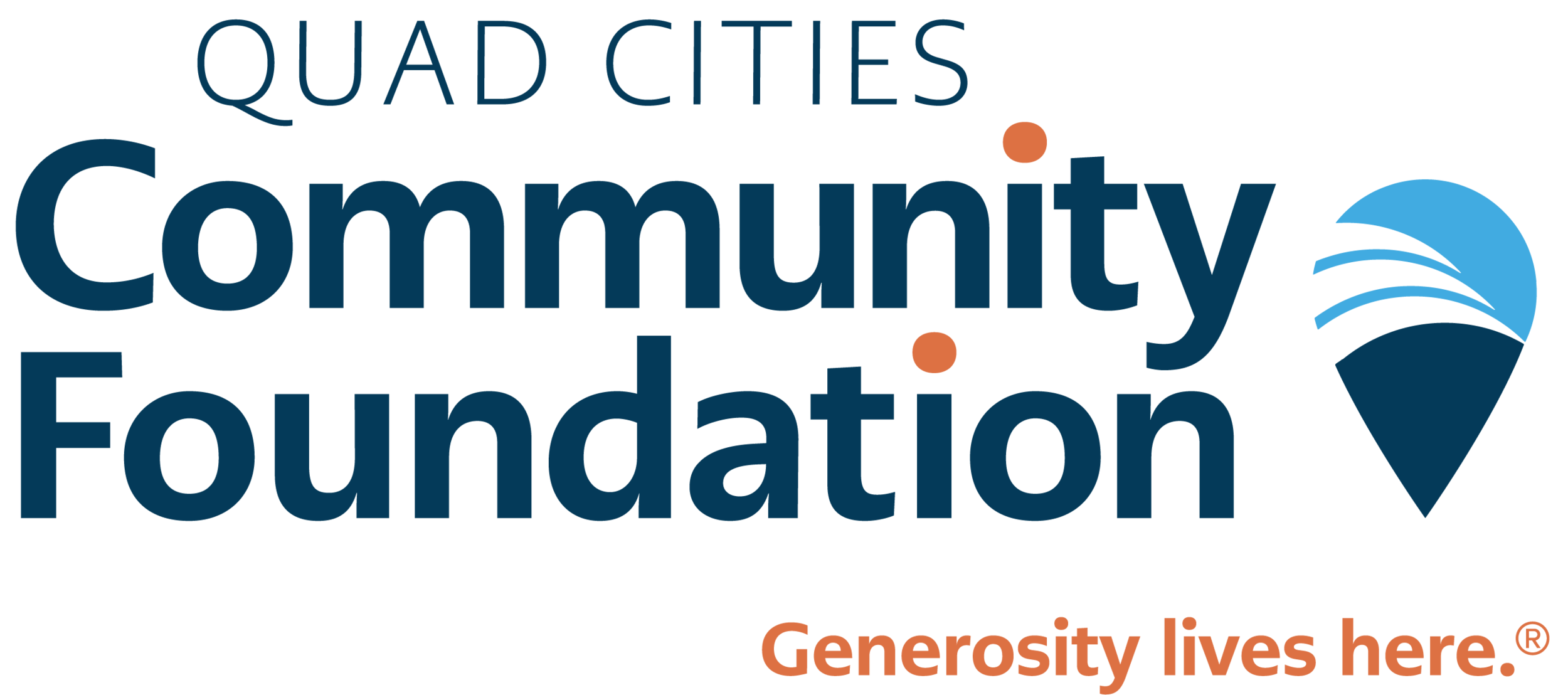Helping Quad Cities fundraisers help each other
Every development professional understands the value of strong relationships. That principle applies not just to how fundraisers work with donors but also to how they work with their peers in the field to share ideas, trade resources, and lend a listening ear. It’s just this type of exchange that DevelopmentLink, a bi-monthly roundtable hosted by the Quad Cities Community Foundation, hopes to foster for fundraising professionals in the region.
“We see it as a platform for peer support and peer resourcing,” said Anne Calder, vice president of development at the Community Foundation. “Development officers are not in competition with each other—we all want our community to be better. When fundraisers share their knowledge of the sector, they build better connections and are in turn better equipped to succeed for their nonprofits.”
“It’s a great opportunity to have conversations that might not happen otherwise, especially during the pandemic when we couldn’t get together for mutual support,” added Joscelyn Rowe, the Community Foundation’s director of donor engagement and stewardship.
In the spirit of peer collaboration, DevelopmentLink participants brainstormed together to choose the topics for the year at the first gathering in February 2021. Participants volunteer to guide a focused conversation at each meeting, offering thoughts, resources, and questions to spark productive peer discussion. Topics to include everything from getting the board involved in gift development to building an organizational culture of philanthropy.
Ultimately, the goal is to help fundraisers thrive in what can be a challenging profession, lifting up nonprofits—and the community—as a result.
In general, the fundraising field sees significant staff turnover, with some studies measuring average tenure at under 18 months for entry-level professionals. “That’s detrimental to our nonprofits,” said Calder. “Gift and donor development is about raising funds for immediate needs and also for the long-term sustainability of a nonprofit—but if you’ve only been in your job for one year, you are really only getting started on learning who your donors and potential donors are. Fundraising done well is strategic and relationship-based, so supporting skill development and long-term donor engagement is important,” she explained.
“Training and equipping development professionals and nonprofit leadership in fundraising best practices is an investment that pays off in so many ways,” she added. “We want to help equip and support development professionals to love what they do, to want to stay in their roles and grow in their skills, and to be successful—for their nonprofits and for themselves. If we can build capacity for nonprofit fundraising, nonprofits will do better.”
DevelopmentLink shares similarities with the Community Foundation’s CEOLink meeting series, which gathers nonprofit CEOs and executive directors for peer-driven learning and partnership.
For Calder and Rowe, hosting professional development and relationship-building opportunities is a way for the Community Foundation to serve as a resource beyond grant-making. “This is another thing we can offer—space, encouragement, and capacity-building for fundraisers in the region,” said Rowe. “By developing these relationships with the professionals in our community’s nonprofits, we can better support them in their mission and increase their success.”
On August 6, from 8:30 to 9:30 a.m., DevelopmentLink will discuss “all things virtual”—a relevant topic as organizations begin applying lessons learned during the pandemic to the “new normal.”
Interested in attending DevelopmentLink meetings? Reach out to info@qccommunityfoundation to join the mailing list.

